Bipartisan Policymaking under Divided Government
As Washington faces closely divided government, the nonpartisan Peter G. Peterson Foundation is convening respected policy experts to help break the gridlock. This set of eight new essays highlights a range of ideas on how to make progress on key fiscal and economic goals. The authors include leaders from across the political spectrum, offering historical context and practical advice to help lawmakers rise above the politics to make bipartisan progress.
The Fiscal and Economic Experts
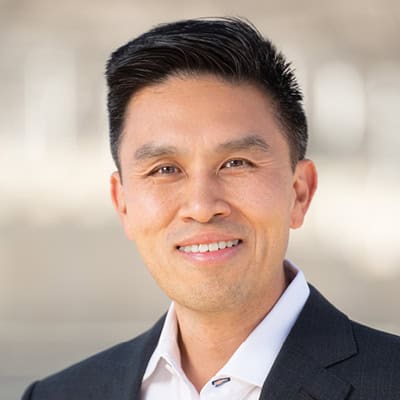
Lanhee J. Chen
David and Diane Steffy Fellow in American Public Policy Studies, Hoover Institution at Stanford University
Coming Together to Improve America’s Health Care System — and Our Fiscal Condition
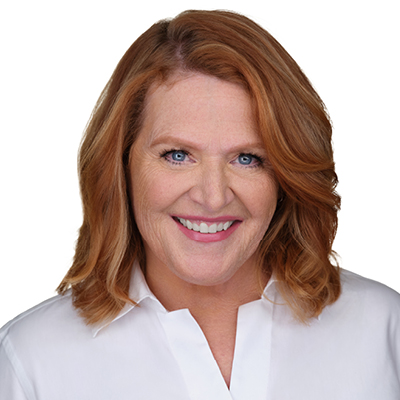
Heidi Heitkamp
Former U.S. Senator (ND) and Director of Institute of Politics, University of Chicago
Debt and Divides: U.S. Short on Leadership, Not Ideas
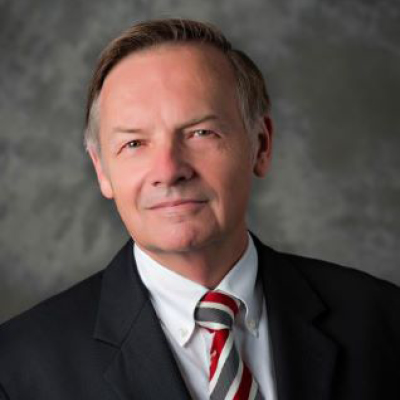
G. William Hoagland
Senior Vice President, Bipartisan Policy Center
Does Fiscal Policy History Rhyme?
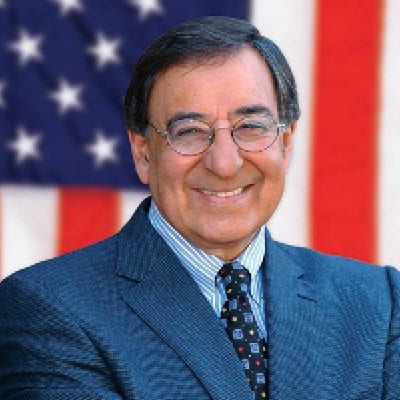
Leon E. Panetta
Former U.S. Secretary of Defense and Chair, The Panetta Institute for Public Policy
Divided Government — the Choice Between Governing or Chaos
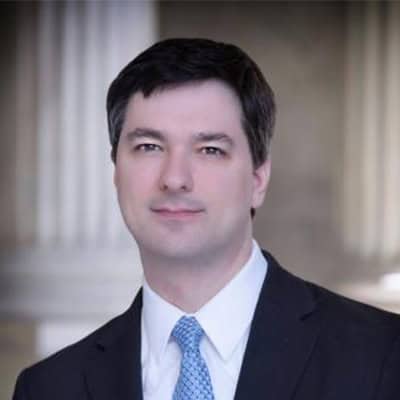
Brian Riedl
Senior Fellow, Manhattan Institute
Bipartisan Opportunities in a Fragile Economy
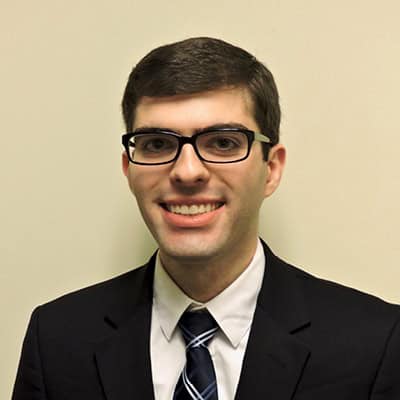
Ben Ritz
Director, Center for Funding America’s Future, Progressive Policy Institute
Opportunities for Bipartisan Fiscal Policy in 2023
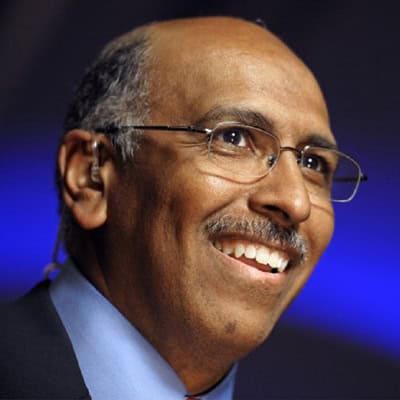
Michael Steele
Former RNC Chairman and Former Lt. Governor of Maryland
Rising above the Gridlock to Govern
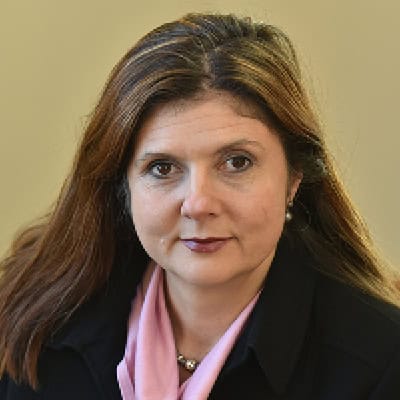
Betsey Stevenson
Professor of Public Policy, University of Michigan
Rebuilding Trust Is Key for Policymakers to Rise above Partisan Differences
Questions for the Experts
We asked each expert to respond to the same set of questions, encouraging them to focus on areas of expertise, and what they viewed as the most important parts of the policy discussion.
The questions are:
What is your advice for the Administration and Congress on how policymakers can rise above gridlock, and work across party lines to make progress on America’s pressing fiscal and economic challenges?
- What opportunities exist to address key economic policy goals, including combating high inflation while avoiding a recession, addressing our $31 trillion and growing national debt, stabilizing critical programs like Medicare and Social Security, and achieving more widely shared economic opportunity?
- What are the potential areas for lawmakers to find common ground and avoid economic damage from self-inflicted political crises?
- What lessons can be learned from previous instances of divided government about policy tradeoffs by each side to achieve durable legislation that improves our fiscal and economic future?
A note from Michael Peterson
Chairman and CEO of the Peterson Foundation
While some may look at the razor thin majorities in the House and Senate and predict endless gridlock, the truth is that divided government brings both a requirement and an opportunity to work across the aisle.
In fact, there are many historical examples where meaningful progress has been made under similar circumstances for the good of the country.
With our national debt exceeding $31 trillion, critical programs approaching their insolvency dates and continued economic uncertainty, there’s no shortage of urgent areas for our leaders to focus on in the months ahead.
To help provide guidance, ideas and inspiration, we convened eight respected experts to offer their perspective on the opportunities to achieve bipartisan legislation in the 118th Congress. We hope the insights in these eight essays help illuminate a pathway to break gridlock and develop common sense bipartisan legislation for our nation’s future.